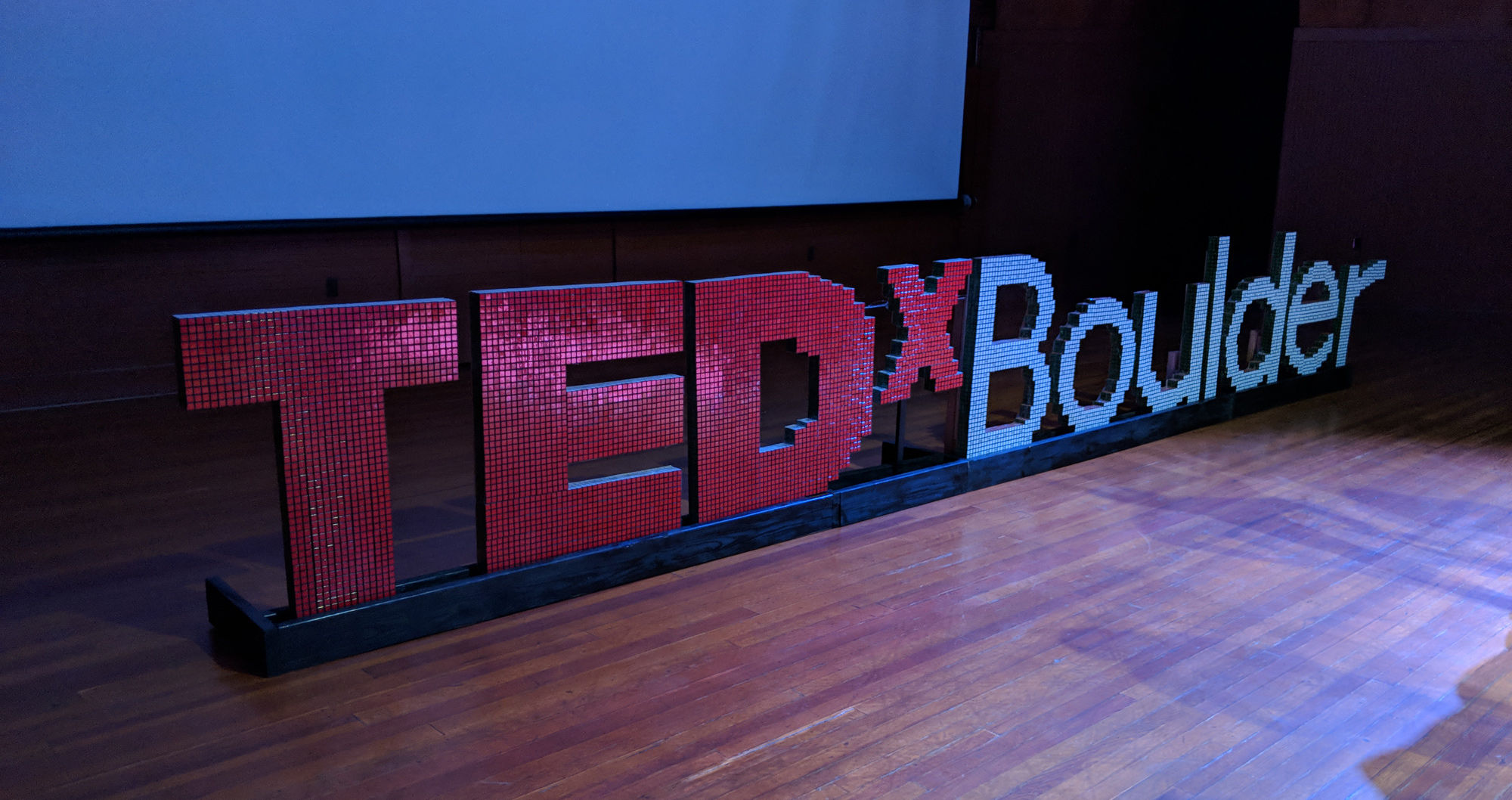Create a free profile to get unlimited access to exclusive videos, sweepstakes, and more!
Science, humanity, and the necessity of making mistakes

Some years ago (2011, in fact) I was honored to be asked to speak at TEDxBoulder, one of the many independent community events based on TED conferences. On that occasion I spoke about the need to study asteroids, because if we don’t we may literally go the way of the dinosaurs.
Since then, the organizer of the event, Andrew Hyde, has asked me to return, and I’m pleased to say that in the summer of 2018 I was finally able to be on stage at TEDxBoulder once again. It was a surpassingly lovely experience, and I met an amazing group of people with diverse and important things to say.
I had initially thought to give a talk about how the Universe can be understood by science, but how our human need to hang labels on things and put them into tidy boxes gets in the way. Specifically, I was thinking about whether Pluto is a planet or not, or whether brown dwarfs are more like planets or stars… but both of these are asking the wrong questions (the right questions: What is a planet? What makes brown dwarfs their own category of celestial object?).
But as I worked on the talk, I decided to make it broader. In the end it became a talk about how making mistakes is not only inevitable, but critical to the scientific process. It’s something I wish more people understood, because it would help them understand that science is a process, not a static collection of data. Also, I thought that went better with the theme of the evening: Truth & Daring.
So here is my own talk, “Failing Upwards: Science Learns by Making Mistakes."
I’m pretty passionate about this topic, since I think that admitting mistakes is the hardest part of science… and to be honest is one of the hardest parts about being human. It’s why I issue public corrections when I make mistakes on the blog, for example, or in other works. Ironically, perhaps, I think it helps build trust; if someone admits when they’re wrong, they’ve learned something. I’d far rather listen to someone who has admitted mistakes than someone who claims they’ve never made one. Whom do you think is being more honest? Who is less likely to make that mistake again?
That’s why I titled the talk “Failing Upwards.” But I should be careful here, and distinguish between a mistake and failure. We make mistakes, we learn from them, we build on what we’ve learned, and in this way progress is made.
Not doing that is what transforms a mistake into failure. Science isn’t about being right all the time; it’s about understanding. Knowing that mistakes will be made along the way is in itself a step toward understanding how science works.


























